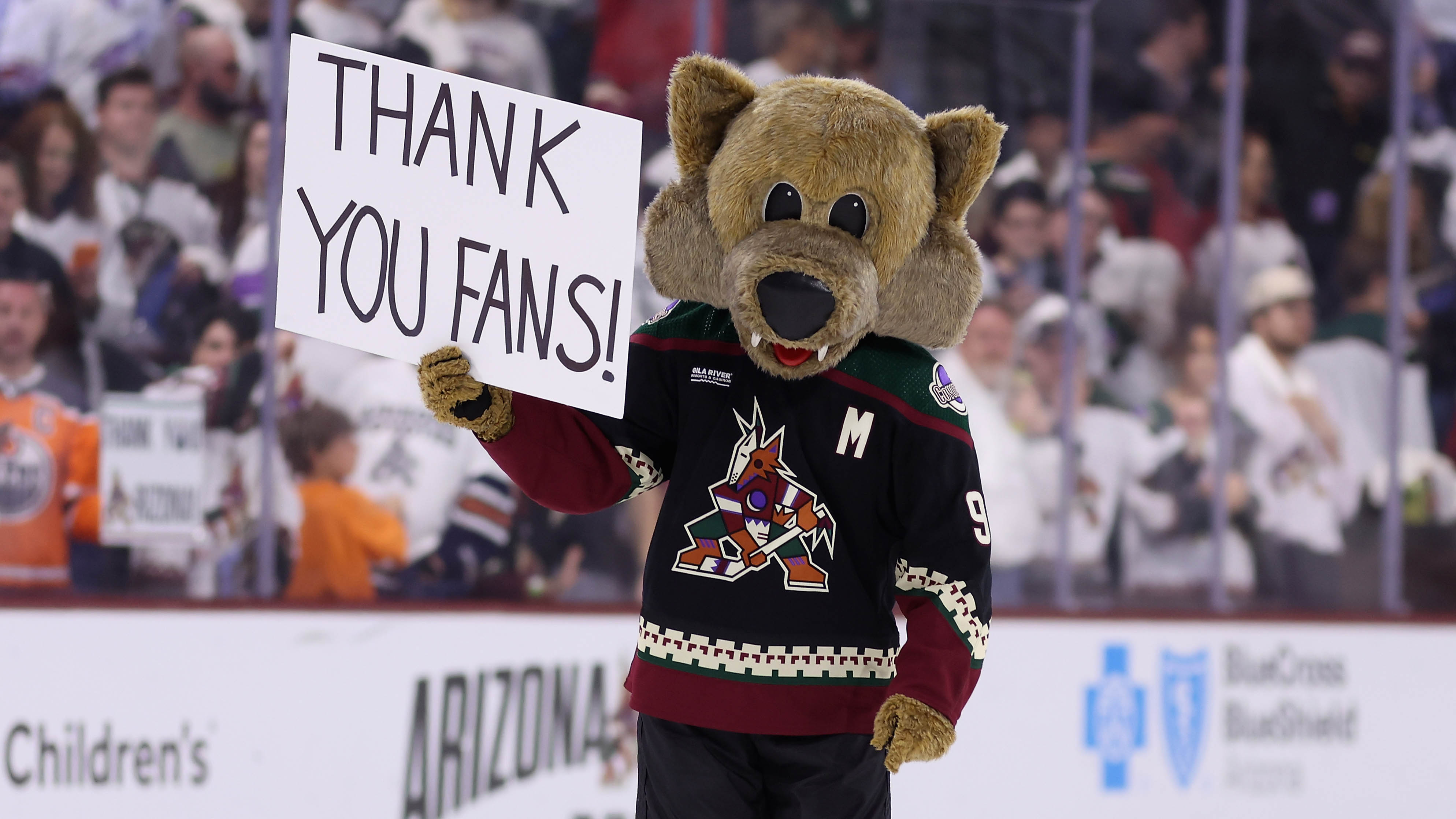It's been said that "everything is cyclical."
You have no idea.
April 29th, 2017 marks the 25-year anniversary of the LA Riots and for the sports teams in the City of Angels, life is truly coming full circle.
Twenty-five years ago to the date, it was the first round of the NBA Playoffs and the Los Angeles Clippers were doing battle with the Utah Jazz. Game 4 was scheduled to tip-off at the Sports Arena the night of the Rodney King verdict, but the NBA postponed the game, moving it to Anaheim for safety reasons.
The world turned, but 25 years later history repeated itself. A day after the riots the Clippers would win Game 4, to force a do-or-die Game 5 in Salt Lake City. On Friday, the Clippers won Game 6 to force a winner-take-all Game 7 at Staples Center.
"It was a great series if you remember," said Clippers head coach Doc Rivers who ironically was the starting point guard for the Clips during that 1992 series. "It had the interruption with the Rodney King riots. We won Game 3 and felt like we had some momentum going."
The disruption of the riots had many players on both teams fearing for their safety as rioters and looters set the city ablaze. Rivers remembers the Clippers not being able to even find a gym to practice in at the time.
Sports
Get today's sports news out of Los Angeles. Here's the latest on the Dodgers, Lakers, Angels, Kings, Galaxy, LAFC, USC, UCLA and more LA teams.
"I can remember us trying to find a practice (place)," continued Rivers. "We had calls out every day. There was nowhere open."
The coincidences don't end there. As feelings of fear and uncertainty gripped the Southland, helicopters flew overhead at Dodger Stadium where the Boys in Blue were hosting the Philadelphia Phillies.
On Saturday, the Dodgers once again played host to the Phillies at Chavez Ravine, 25 years to the day that a jury in a Simi Valley courtroom acquitted the police officers caught beating Rodney King on videotape.

Current Dodgers broadcaster Orel Hershiser was the starting pitcher for that game, the reigning NL Cy Young winner didn't last long as he surrendered five runs in five innings.
By that time, news of the riots had already flashed on the in-stadium video boards as the organization warned fans to avoid the 110 Freeway on their way home.
By the time Hershiser had left the game, the glow from the fires going on down the street in South Central could be seen from the top deck, and once the wave of smoke hit the stadium, fans started to quickly head for the exits.
"By the time the game was in the seventh, eighth inning, there was hardly anybody in the stands at all," current Kansas City Royals hitting coach, Dale Sveum told the L.A. Times. "Then, of course, when the game got over, all hell was breaking loose all over the city."
Sveum was an infielder for the Phillies at the time and remembers Lenny Dykstra hitting two doubles during that game, and current Phillies broadcaster John Kruk scoring two runs off Hershiser.
"It was a bad game and a bad night for LA," Hershiser recalled. "I have nothing else to say."
The riots predated WiFi and smartphones, so news travelled a lot slower back then. The players in the clubhouses had no idea of the chaos occurring around them, but when the team bus had to drive on to the field to pick them up outside the dugouts, everyone, including Dodger stars Darryl Strawberry and Eric Davis, both LA natives, knew something was terribly wrong.

The Dodgers would cancel the next three games and the series picked back up on May 5th in Philadelphia. The Dodgers lost the game on April 29, 7-3, and would go on to lose the series, 2-1, after it reconvened in the City of Brotherly Love.
They went on to lose 99 games that year, one of the worst marks in franchise history. The Clippers of course would drop the decisive game in Salt Lake City and be eliminated from the playoffs.
Here's hoping history doesn't repeat itself.



